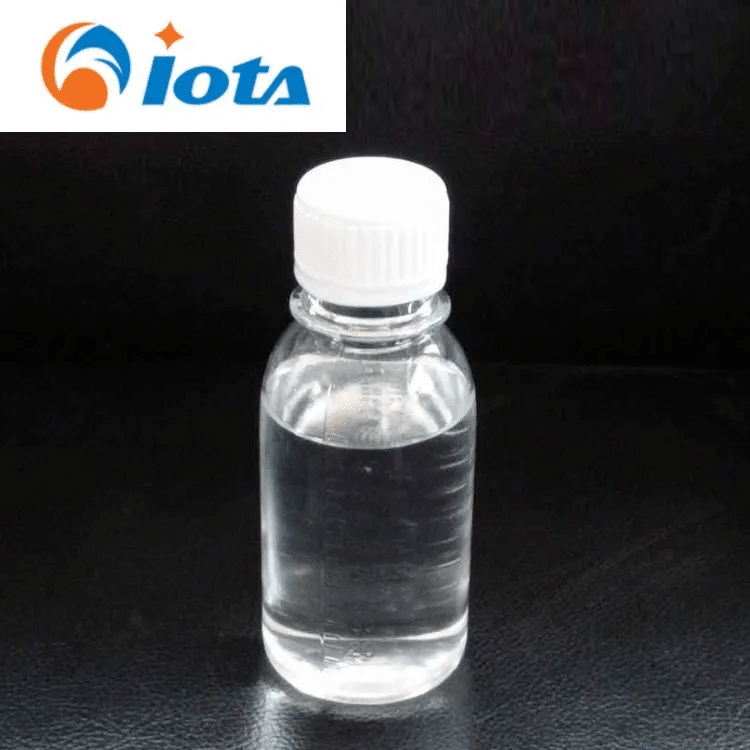Faced with the global carbon neutrality goal, the
ethyl silicone oil industry is accelerating its transition towards green. A major breakthrough has been made in the research and development of bio based ethyl silicone oil. A certain enterprise has prepared ethyl silicone oil using glucose as raw material through microbial fermentation, which has a carbon footprint reduced by 72% compared to traditional petroleum based products and can be completely biodegraded. The application test of this material in environmentally friendly coatings shows that the coating hardness reaches 3H and the salt spray resistance exceeds 1000 hours, meeting the standards of automotive original paint.

In the field of sewage treatment, ethyl silicone oil defoamer exhibits high efficiency and low residue characteristics. Traditional organic silicon defoamers are prone to membrane fouling in membrane bioreactors (MBR), while modified ethyl silicone oil introduces hydrophilic groups to increase defoaming efficiency by 40% while reducing membrane flux attenuation rate by 65%. After the application of a municipal sewage treatment plant, the number of membrane cleaning times was reduced by 12 times per year, saving operating costs of 800000 yuan.
In terms of waste resource utilization, the technology for recycling ethyl silicone oil is becoming increasingly mature. The molecular distillation catalytic cracking combined process developed by a certain enterprise can increase the recovery rate of waste silicone oil to 95%, and the performance of regenerated products can reach over 90% of the new material standard. This technology has built the first 10000 ton recycling demonstration line in China, reducing annual carbon dioxide emissions by 12000 tons, marking the official entry of the ethyl silicone oil industry into the era of circular economy.
